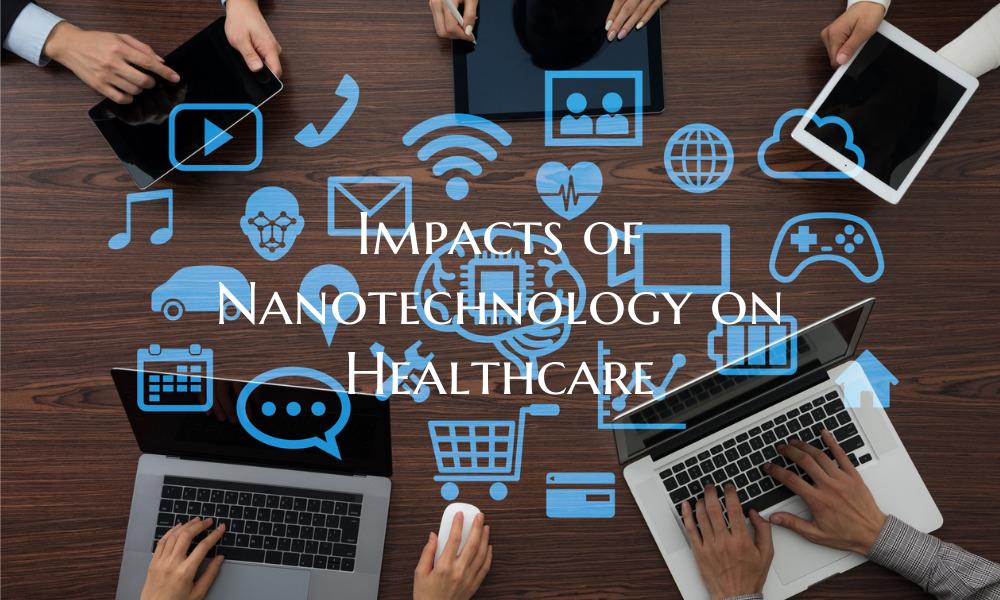Impacts of Nanotechnology on Healthcare
Nanotechnology, the manipulation of matter on an atomic and molecular scale, has revolutionized various industries, with one of the most notable being healthcare. This cutting-edge technology has paved the way for numerous innovations in diagnostics, treatment, drug delivery systems, and personalized medicine. The impacts of nanotechnology in healthcare are far-reaching and hold immense potential for improving patient outcomes and the efficiency of healthcare systems.
1. Precision Medicine: One of the most significant impacts of nanotechnology in healthcare is the advancement of precision medicine. Nanoparticles can be used to target specific cells or tissues, delivering drugs directly to the affected area and minimizing side effects. This targeted approach allows for personalized treatment plans tailored to an individual's unique genetic makeup, increasing the efficacy of therapies and reducing the likelihood of adverse reactions.
2. Early Disease Detection: Nanotechnology has enabled the development of highly sensitive diagnostic tools that can detect diseases at the earliest stages. Nanosensors and imaging techniques can identify biomarkers for various conditions, such as cancer and infectious diseases, with unprecedented accuracy. Early detection leads to timely interventions, improving patient prognosis and reducing the overall burden on healthcare systems.
3. Drug Delivery Systems: Traditional drug delivery systems often face challenges such as poor solubility, low bioavailability, and off-target effects. Nanotechnology offers innovative solutions by encapsulating drugs in nanoparticles, which can enhance drug stability, improve absorption rates, and prolong release kinetics. These nanocarriers can traverse biological barriers, reaching the desired site of action more effectively and reducing the required dosage, thus minimizing systemic toxicity.
4. Regenerative Medicine: Nanotechnology has revolutionized regenerative medicine by providing scaffolds and growth factors at the nanoscale to promote tissue regeneration and repair. Nanomaterials can mimic the extracellular matrix, supporting cell adhesion, proliferation, and differentiation. This technology holds promise for developing artificial organs, repairing damaged tissues, and accelerating the healing process in various medical conditions.
5. Disease Monitoring and Management: Nanoscale devices and wearable sensors enable real-time monitoring of patient health parameters, offering valuable insights into disease progression and treatment efficacy. These devices can continuously measure biomarkers, vital signs, and other physiological data, empowering patients and healthcare providers with actionable information for proactive management of chronic conditions.
In conclusion, the impacts of nanotechnology on healthcare are transformative, leading to a new era of personalized, targeted, and efficient medical interventions. As ongoing research and development continue to unlock the full potential of nanotechnology, the future holds exciting possibilities for improving healthcare outcomes and enhancing the quality of life for individuals worldwide.

